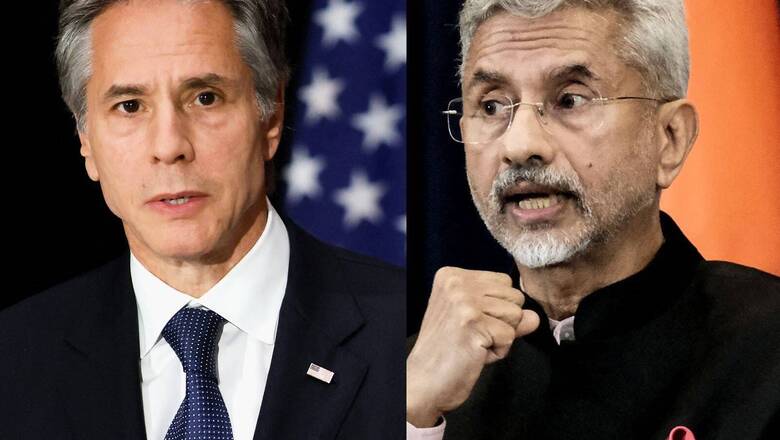
views
External affairs minister S Jaishankar on Friday trained his guns at Pakistan for continuing to “protect” the key conspirators of Mumbai’s 26/11 terror attacks. He also criticised China for blocking attempts by India and US to list terrorists at the UN even as US secretary of state Antony Blinken pitched in saying the perpetrators of the 2008 carnage must be brought to justice.
According to Jaishankar, the planners of the Mumbai attacks were unpunished still and UN Security Council had failed to act when it comes to proscribing some terrorists due to “political considerations”. Reiterating his stand taken at the international body’s high-level session in New York last month, the external affairs minister said India understood the cost of terrorism more than others.
The inaugural session of the UNSC’s Counter-Terrorism Committee (UNCTC) meeting began with a tribute to the victims of 26/11 at Taj Mahal Palace Hotel in Mumbai, the site of the deadly attacks 14 years ago. British foreign secretary James Cleverly extended his condolences to the family members of the victims and vowed to prevent such acts from taking place again.
The theme of the special meeting is ‘Countering the use of new and emerging technologies for terrorist purposes’. The second leg of the meeting will take place in Delhi on Saturday for further deliberations on ways and means to battle the new face of terrorism as strengthened by newer and more advanced technologies such as social media, online payments and UAVs.
Here’s all the action from the first day of the high-profile UNCTC meeting in Mumbai:
- In a double barrel attack on Pakistan and its all-weather ally China, external affairs minister S Jaishankar said the key conspirators and planners of the 26/11 Mumbai terror attacks continued to remain protected and unpunished. “The key conspirators and the planners of 26/11 terror attacks continue to remain protected and unpunished,” Jaishankar said during the wreath-laying ceremony to pay tributes to the victims of 26/11 at Taj Mahal Palace Hotel. He said the “shocking” terror incident was an attack not just on Mumbai, but on the international community. “In fact, this entire city was held hostage by terrorists, who had entered from across the border,” he added without naming Pakistan.
- Jaishankar said India understood the cost of terrorism more than others, and that the UNSC has “regrettably” been unable to act due to “political considerations” when it came to proscribing some terrorists. This was an apparent reference to China, which has blocked the UNSC sanction of Pakistan-based terrorists on several occasions. “Terrorism may have plagued several regions of the world, but India understands its cost more than others,” he said, adding, “but with that experience comes the steeling of national resolve. Decades of cross-border terror has not and will not weaken our commitment to fight back. We must rise above our political differences to address this scourge. The battle against terrorism must be fought resolutely at all fronts, all situations and all places.”
- The external affairs minister said since terrorist organisations required funds and resources to function and undertake activities, curbing terror financing was a key aspect of tackling the menace. He said all acts of terrorism were criminal and unjustifiable, regardless of motivation. “Money is the life blood of terrorists. Terrorist organisations require funds and resources to maintain their organisational function and undertake activities,” he said.
- He said normative efforts at the UN need to be coordinated through collaboration through other fora like the Financial Action Task Force (FATF) and the Egmont group. “Objective and evidence-based proposals for listing of terrorist groups, especially those that curb their access to financial resources, must be seen through,” he said, adding that action against terrorists and their sponsors — targeting safe havens, sanctuaries, training grounds and financial, ideological as well as political support structures — was critical.
- Taking from Prime Minister Narendra Modi’s views on terrorism’s nexus with transnational organised crime, illicit drugs and arms trafficking, Jaishankar said these links were by now well established. “It is important to recognise these linkages and strengthen multilateral efforts to break them,” he said.
- British foreign secretary James Cleverly extended his condolences to the victims of 26/11 and their families during his visit to Mumbai. He also vowed to prevent such acts of terror from happening again. “Today we remember the 166 people who were killed when terrorists attacked Mumbai in 2008 and the countless others who were injured in that attack. I express my deepest condolences to the victims and their families,” Cleverly said, adding, “this morning reminds us of the human cost and global impact of terrorism. It reminds us why we must remain united and steadfast in our efforts to defeat it.”
- Cleverly spoke on behalf of UK and condemned terrorism. “We will work with India, our international friends and partners to try and prevent an attack like we saw in Mumbai from happening again.” He, too, highlighted terror financing in his speech, saying countries should target resources to maintain organisational functions and deprive terrorists of funding.
- A senior government official said major terror attacks in Jammu and Kashmir declined after Pakistan was included in the FATF grey list. The UNCTC should examine this correlation, said joint secretary Safi Rizvi without naming Pakistan at any point. The official, however, noted that after the chances of Pakistan getting delisted from the grey list increased, terrorist activities increased as well.
- Counter-terrorism operations with detailed intelligence, the Balakot air strike, and reading down of Article 370 for Kashmir reduced tendencies of secessionism, the official said. “These four reasons were the reasons for decline. However, a large portion of the credit goes to the designations and FATF,” he said. In 2021, when the chances of (Pakistan’s) de-listing increased, there was a return of “cross-border terrorist infrastructure and attacks on Indian targets,” Rizvi said.
- Pakistan has been taken off the grey list of FATF after four years. The decision was taken in FATF’s plenary held in Paris on October 20 and 21. Rizvi said two to three years ago, the flow of foreign terrorists into Kashmir was small, but now 60-70 per cent of terrorists are foreigners. Attacks on soft targets (such as migrant workers, religious minorities) have resumed which is a precursor to attacks on hard targets, Rizvi said. The use of drones to ferry Improvised Explosive Devices, small arms and drugs like heroin to finance the terrorist network is also on the rise, the official noted.
(With PTI inputs)
Read all the Latest India News here










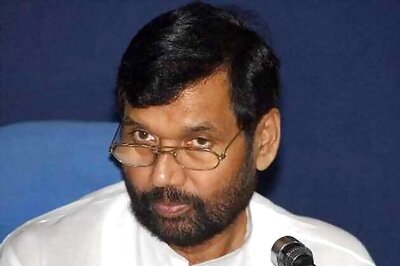
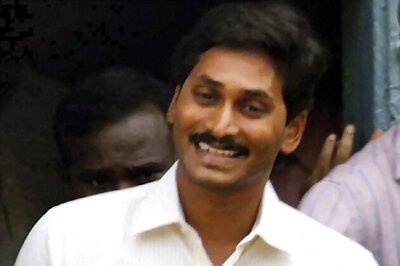
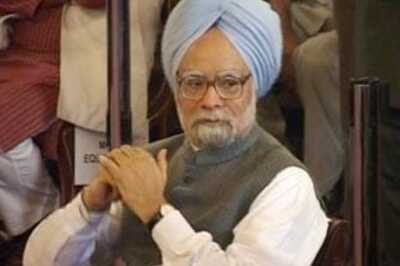


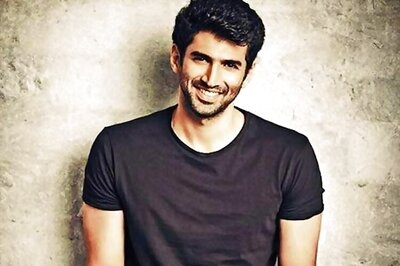



Comments
0 comment